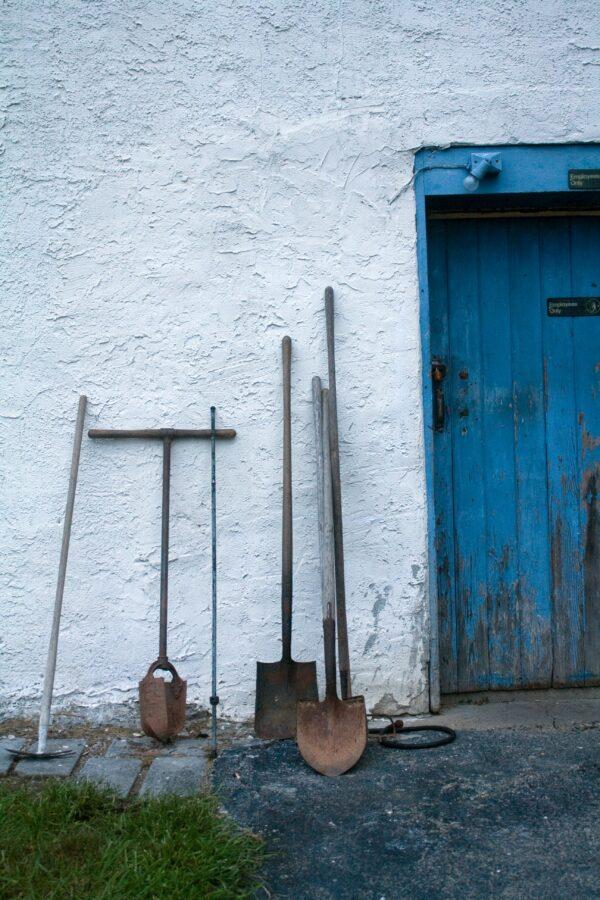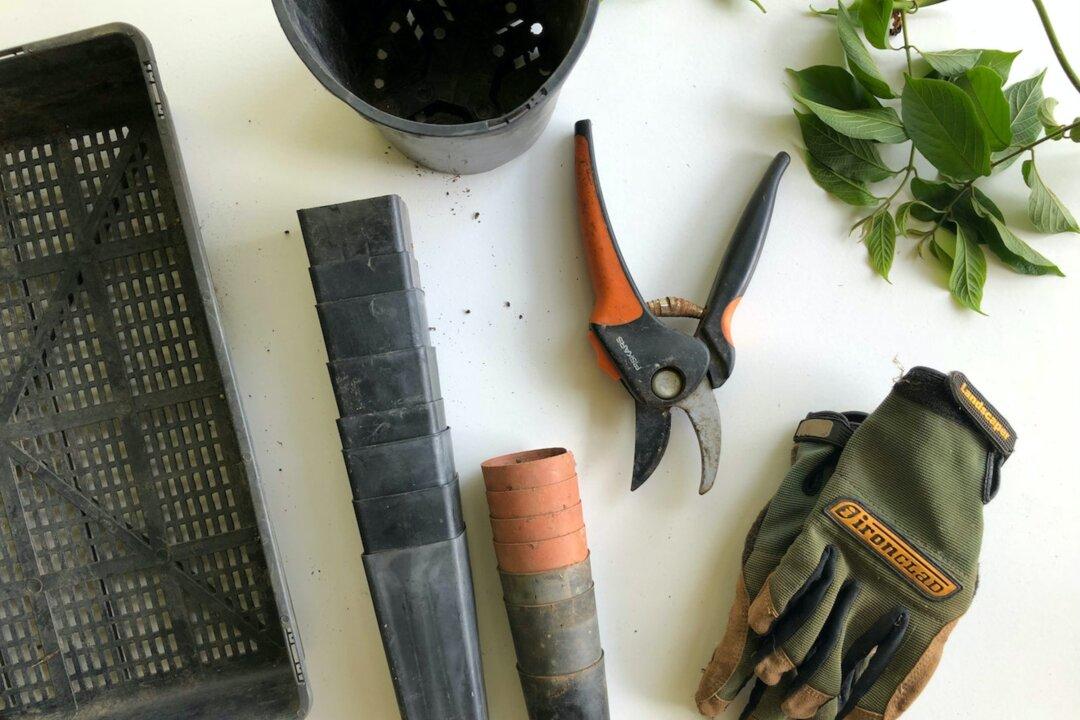Gardening is a fun and inexpensive hobby with the potential of offering hours of fun and entertainment. What better way to enjoy the fresh air this spring than by trying your hand at growing some new plants? You don’t need to spend hundreds of dollars on purchasing supplies. This article will introduce you to the five most basic, essential tools that are both versatile and affordable, ensuring you get the best head start, at a minimal cost.
Shovel
One of the most important tools you’ll need to embark on your gardening journey is investing in a shovel. This affordable, versatile tool will help you dig, scoop dirt, and loosen the soil. Some even come with measure lines to help you determine soil depth before planting a new plant.
Shovels come in many shapes and sizes depending on your needs, but a general all purpose one can be a good starter tool for those larger jobs. Sue Hughes/Unsplash





